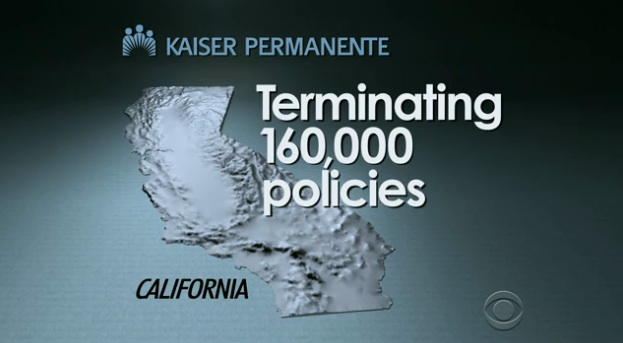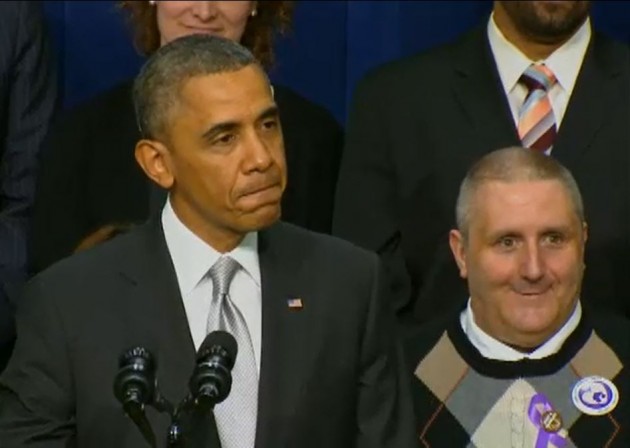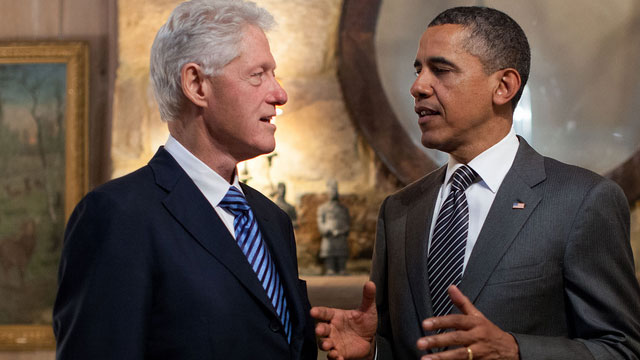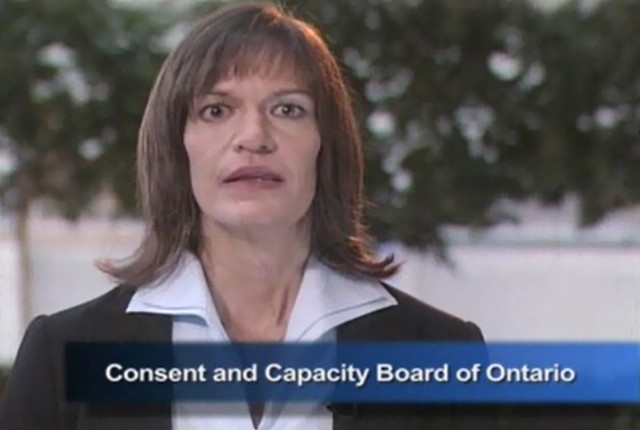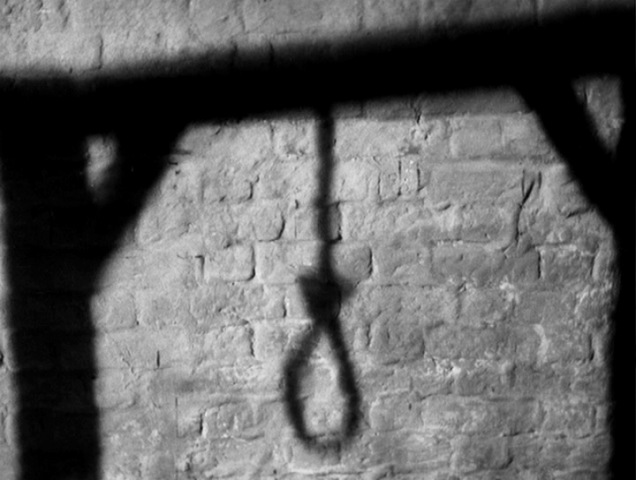In a
Slate article entitled "Canada has death panels, and that's a good thing," Yale law student Adam Goldenberg applauds the idea.

The "experts and wise community members" (Goldenberg's words) who make up Ontario's
Consent and Capacity Board have the final say and can overrule a family's decision about whether to continue life support for an ill member if there is a dispute between the family and the patient's doctors.
Who are these people, and why are they given that power?
The group is a government-appointed board heavy with lawyers (and not necessarily those whose practice involves relevant areas of law), psychiatrists, and an assortment of others from the community with a great range of professions, many of them seemingly unrelated to the task at hand. All the physicians on the board appear to be psychiatrists, which is most likely a reflection of the fact that the bulk of its business (
80%) involves issues of involuntary commitment to mental institutions and/or decisions about mental capacity to consent to or refuse treatment, rather than its work as a "death panel."
Goldenberg notes that at present in Canada and the US, many disputes over end of life care are decided by judges:
When these family members disagree with a patient’s doctors, and when the doctors are nonetheless determined to act, the dispute generally goes to court, where it can take months or even years to resolve. That is how it works in other Canadian and American jurisdictions, anyway.
But in the US such disputes have mostly been between family members about end-of-life decisions, a la the
Schiavo case.



